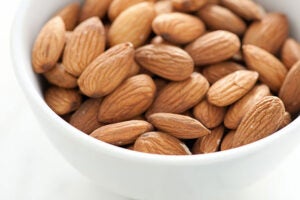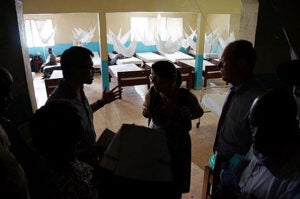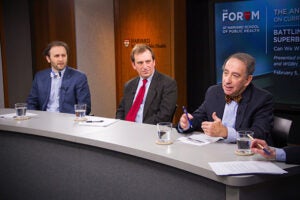Tag: Brigham and Women’s Hospital
-
Nation & World
Steering stem cell trafficking into pancreas reverses Type 1 diabetes
Harvard researchers at Brigham and Women’s Hospital have uncovered a way to enhance and prolong the therapeutic effects of mesenchymal stem cells in a preclinical model of Type 1 diabetes.
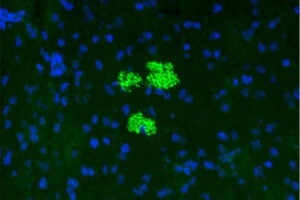
-
Nation & World
Help with ‘the best things in life’
The Eleanor and Miles Shore 50th Anniversary Fellowship Program for Scholars in Medicine provides support for junior faculty amid life’s crunch time, when demanding research labs, children at home, and other duties all clamor for attention.
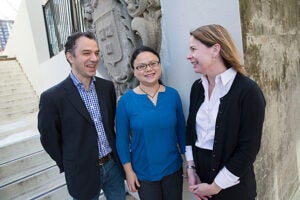
-
Nation & World
Leading role for Murthy
With Harvard’s Vivek Murthy confirmed as the next surgeon general, health experts shared their views on areas where his focus and influence are most needed.
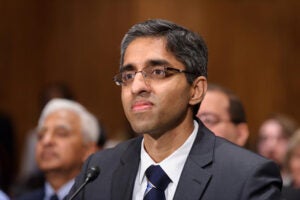
-
Nation & World
New parents weigh in on genomic testing
A study by Harvard researchers is the first to explore new parents’ attitudes toward genomic testing on newborns. The findings suggest that if such testing becomes available, there would be an interest among new parents, regardless of their demographic background.
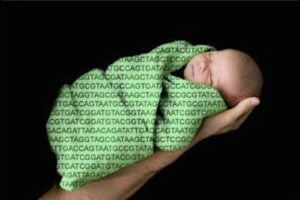
-
Nation & World
Mediterranean diet has marked impact on aging
Researchers at Harvard-affiliated Brigham and Women’s Hospital have found that greater adherence to the Mediterranean diet was associated with longer telomeres, which serve as a biomarker for aging.

-
Nation & World
Gene test aids cancer profile
A new genetic test developed by Harvard Medical School physicians at the Dana-Farber/Brigham and Women’s Cancer Center checks cells of leukemia and other blood cancers for 95 genetic mutations, providing a quick genetic profile that physicians can use to make treatment decisions.
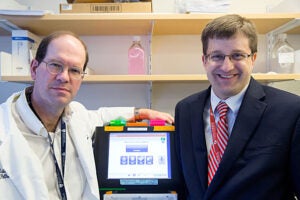
-
Nation & World
Moving forward
The recipient of a bilateral arm transplant and his surgeons appeared at a news conference on Tuesday to thank the donor’s family and to discuss the procedure.

-
Nation & World
The cellular origin of fibrosis
Harvard Stem Cell Institute scientists at Brigham and Women’s Hospital have found the cellular origin of the tissue scarring caused by organ damage associated with diabetes, lung disease, high blood pressure, kidney disease, and other conditions.
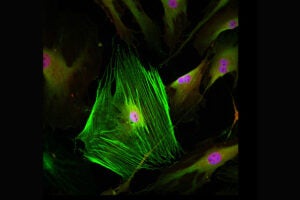
-
Nation & World
Java in the genes
Research led by Harvard investigators has found six new genes underlying coffee-drinking behavior.

-
Nation & World
A way to inhibit inflammation of blood vessel linings
A study led by Harvard-affiliated researchers is the first to demonstrate that BET bromodomain-containing proteins help execute inflammation in the endothelium while inhibition of BET bromodomain can significantly decrease atherosclerosis in vivo.
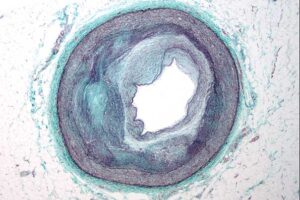
-
Nation & World
Voice of the brutalized
Harvard Humanitarian Initiative researchers polled residents of a war-torn part of the Democratic Republic of the Congo, finding that though many think the security situation has improved, trust in government is at a low ebb.
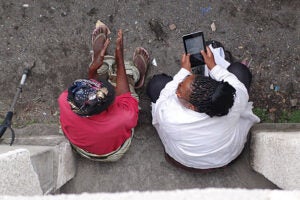
-
Nation & World
Understanding Ebola
Though the threat to the U.S. population from the Ebola outbreak in West Africa is low, the need in epidemic countries is great, says Michael VanRooyen, director of the Harvard Humanitarian Initiative.

-
Nation & World
Drug delivery system prevents transplant rejection
In pre-clinical studies conducted by the researchers, a one-time, local injection of the hydrogel-drug combo prevented graft rejection for more than 100 days. This compared with 35.5 days for recipients receiving only tacrolimus, and 11 days for recipients without treatment or only receiving hydrogel.
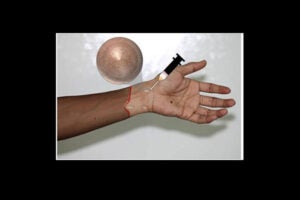
-
Nation & World
New way to regrow human corneas
Harvard-affiliated researchers have identified a way to enhance regrowth of human corneal tissue to restore vision, using a molecule that acts as a marker for hard-to-find limbal stem cells.
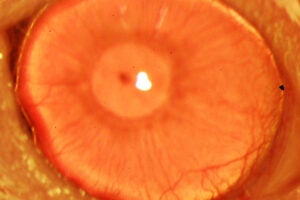
-
Nation & World
The goal: New arms
Will Lautzenheiser, a former Boston University film professor who lost his arms and legs from an infection, has been cleared by the Institutional Review Board at the Harvard-affiliated Brigham and Women’s Hospital for a double arm transplant, a complex procedure requiring 12 to 16 hours of work by a team of surgeons.
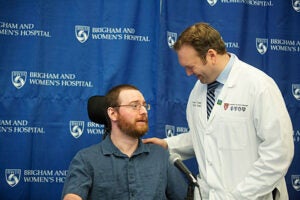
-
Nation & World
A shot against heart attacks?
Harvard Stem Cell Institute scientists collaborating with researchers at the University of Pennsylvania have developed a “genome-editing” approach for permanently reducing cholesterol levels in mice through a single injection, a development with the potential to reduce the risk of heart attacks in humans by 40 to 90 percent.
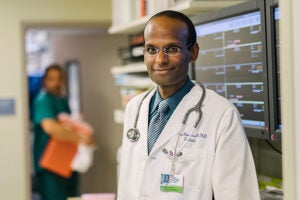
-
Nation & World
Partners, from grade school to Medical School
Fraternal twins Rosh and Roshan Sethi have shared much of their lives, including at Yale as undergraduates and sharing an apartment while enrolled at Harvard Medical School. Now preparing to graduate, they’re anticipating diverging careers, with Roshan exploring radiation oncology and Rosh head and neck surgery.
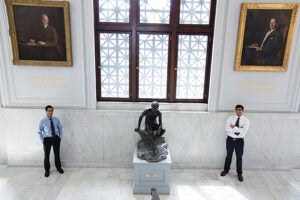
-
Nation & World
Research to lose sleep over
Will Clerx ’14 studied how going without sleep for long periods affects undergraduates.
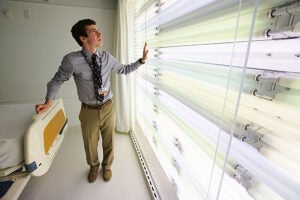
-
Nation & World
Hope for aging brains, skeletal muscle
Researchers at the Harvard Stem Cell Institute have shown that a protein, one they previously demonstrated can make failing hearts in aging mice appear more like those of young and healthy mice, similarly improves brain and skeletal muscle function in aging mice.
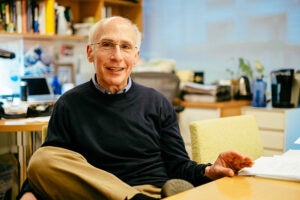
-
Nation & World
New frontier of risk
A recent study by a group of Harvard-affiliated researchers found a sharp increase in the use of opioid painkillers among a large group of pregnant women between 2000 and 2007. Its lead author discussed the findings with the Gazette.
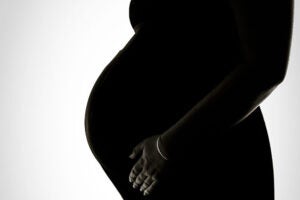
-
Nation & World
Digital record of a stand against chaos
Strong Medicine is a Harvard-sponsored archive of stories, photographs, oral histories and other media documenting the medical community’s response to the marathon bombings.

-
Nation & World
New childhood TB cases double earlier estimates
Harvard researchers have estimated that around 1 million children suffer from tuberculosis annually — twice the number previously thought to have the disease and three times the number of cases diagnosed every year.
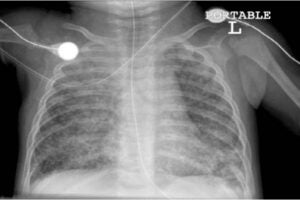
-
Nation & World
Genetic link between fried foods and obesity?
Harvard researchers have released the first study to show that the adverse effects of fried foods may vary depending on the genetic makeup of the individual.

-
Nation & World
Alzheimer’s in a dish
Harvard stem cell scientists have successfully converted skins cells from patients with early onset Alzheimer’s into the types of neurons affected by the disease, making it possible for the first time to study this leading form of dementia in living human cells.
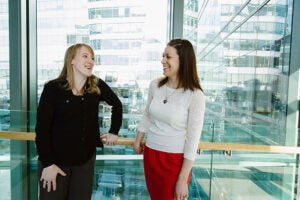
-
Nation & World
Researchers create embryonic stem cells without embryo
Researchers have created embryonic stem cells without an embryo. This discovery of a novel reprogramming method of adult cells, without introducing external genetic material, could dramatically shift stem cell research.
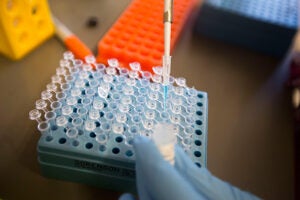
-
Nation & World
Bio-inspired glue keeps hearts securely sealed
The waterproof, light-activated glue developed by researchers at Harvard-affiliated Brigham and Women’s Hospital and Children’s Hospital Boston and their colleagues at MIT can successfully secure biodegradable patches to seal holes in a beating heart.
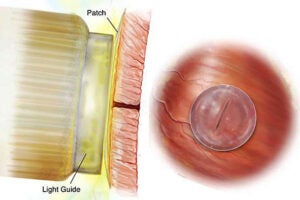
-
Nation & World
Nut consumption reduces risk of death
In the largest study of its kind, people who ate a daily handful of nuts were found to be 20 percent less likely to die from any cause over a 30-year period than those who didn’t consume nuts, say Harvard researchers.
